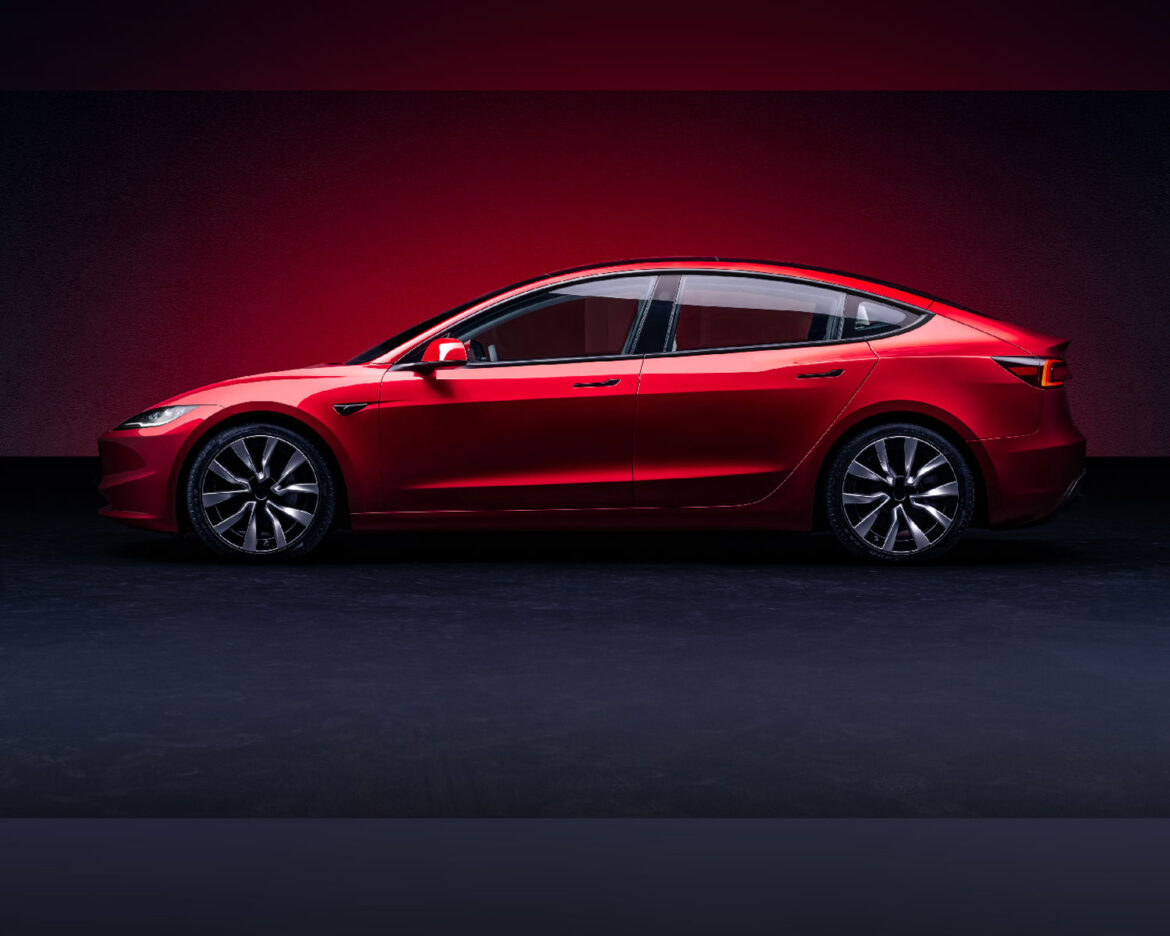Article:
As the world marches towards sustainability, the electric vehicle (EV) market is undergoing a profound transformation, making eco-friendly transportation options increasingly accessible. A decade ago, owning an EV seemed like a luxury reserved for the affluent, with price tags soaring beyond the reach of the average consumer. However, recent trends indicate a democratization of electric mobility, with used EVs emerging as a viable and cost-effective alternative for budget-conscious buyers.
In a retrospective comparison, the exorbitant $109,000 price tag of Tesla’s inaugural model, the Roadster, in 2008 stands in stark contrast to the aspirations of today’s EV purchasers. According to a survey conducted by Edmunds, nearly half of prospective EV buyers aim to secure a vehicle priced at $40,000 or below, a benchmark that until recently seemed unattainable in the US market.
Yet, the landscape is rapidly evolving, driven by several factors. Advancements in battery technology have assuaged concerns regarding range anxiety, while the entry of major players like Hertz into the used EV market has sparked a significant decline in prices. Tesla, commanding a formidable 51% market share in the EV segment, has further catalyzed this shift by implementing price reductions, thereby making their used vehicles more accessible to a broader audience.
Crucially, the longevity of modern EVs has quelled apprehensions surrounding battery degradation. Most contemporary models are engineered to outlast the lifespan of their batteries, which typically come with warranties covering eight years or 100,000 miles. In the event of battery failure within this period, manufacturers pledge replacement, providing consumers with added assurance and peace of mind.
Moreover, legislative incentives play a pivotal role in bolstering the affordability of used EVs. The Inflation Reduction Act offers a substantial tax break of $4,000 for electric vehicles priced at $25,000 or below, a boon for thrifty buyers. Consequently, vehicles meeting these criteria are in high demand, a trend corroborated by Liz Najman, director of market insights at EV research firm Recurrent.
As the trajectory of the automotive industry continues to veer towards electrification, the burgeoning availability of affordable used EVs underscores a paradigm shift in consumer preferences and market dynamics. With sustainability becoming an increasingly imperative consideration, the transition towards electric mobility is poised to accelerate, reshaping the future of transportation for generations to come.



